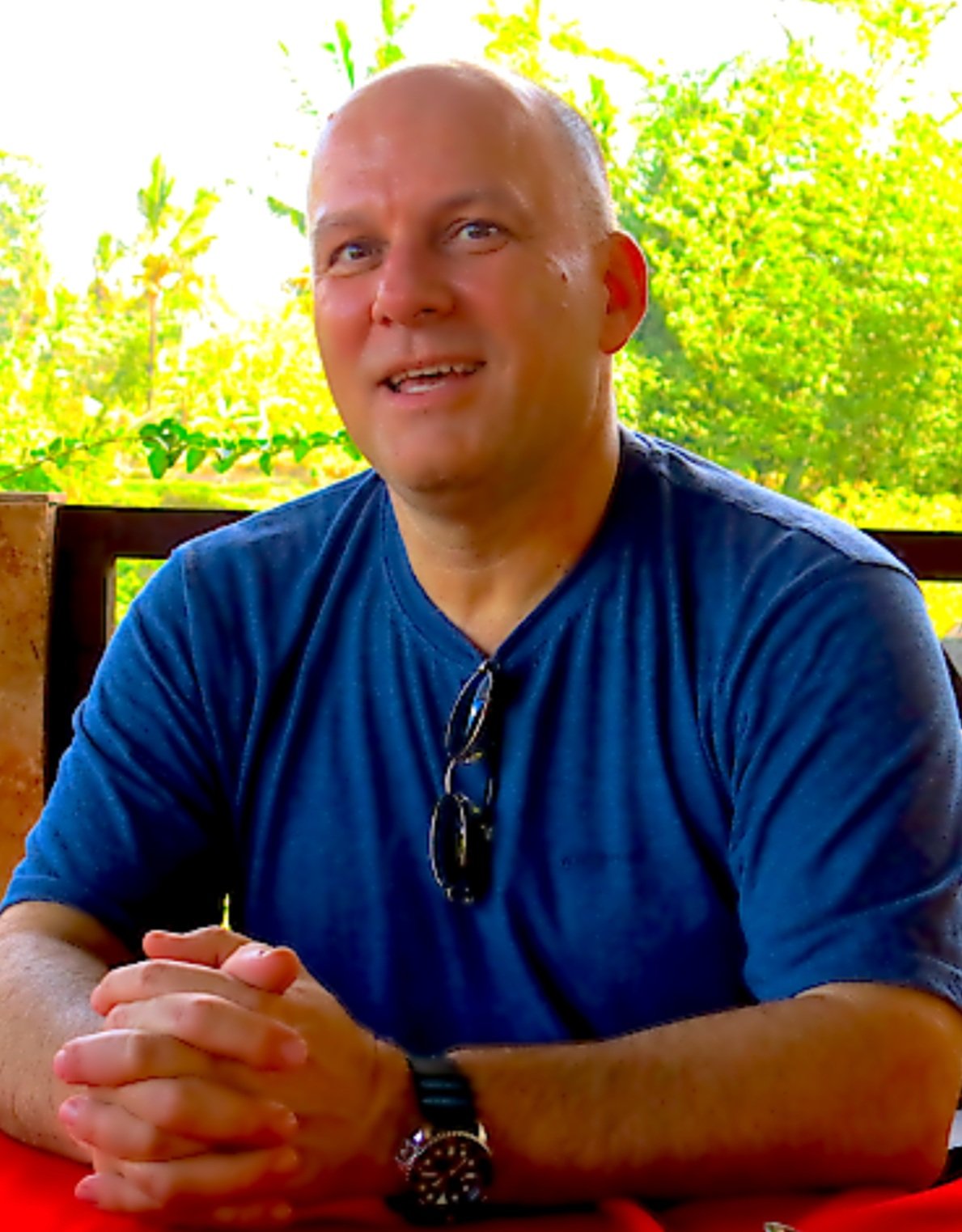NAPS Consortium Site Spotlight: UCLA
Now celebrating 70 years of trailblazing, UCLA's David Geffen School of Medicine is one of the premier research and educational institutions in the world. Located in Los Angeles, California, UCLA is regarded amongst top med schools and is known for its cutting-edge research, education, patient care, and community engagement.
UCLA has been at the forefront of sleep research, playing a crucial role in establishing our current understanding of sleep and sleep disorders. The university boasts one of the largest groups of basic and clinical sleep researchers in the US. In its early years, UCLA welcomed renowned visitors and students who went on to make significant contributions to the field. One such notable figure was Michel Jouvet from Lyon, whose work greatly advanced our understanding of rapid eye movement (REM) sleep.
During this time, Dr. Anthony Kales conducted pioneering studies on sleep patterns and wakefulness in humans, laying the foundation for pharmacological research in sleep. Dr. Kales, along with Dr. Rechtschaffen from the University of Chicago, chaired a group that developed the first atlas for scoring human sleep in 1967, known as the "R & K" Sleep Stage Scoring Paradigm. This atlas served as the basis for scoring normal and abnormal sleep until its first revision in 2007.
UCLA's roster of sleep researchers includes esteemed faculty members who have made significant contributions to the field:
Dr. Ronald Harper has focused on understanding the principal mechanism behind obstructive sleep apnea (OSA) and investigating the morphological consequences of untreated OSA.
Dr. Michael Chase has studied the brain mechanisms responsible for muscle paralysis during sleep and has explored the development of these changes in early life.
Dr. Dennis McGinty has conducted research on the serotonergic system, a brain system that plays a crucial role in sleep and is involved in arousal, temperature regulation, depression, mood, and other functions.
Dr. Ron Syzmusiak has investigated the role of neurons in the basal forebrain, which contribute to temperature regulation and the initiation and maintenance of sleep.
Dr. Christopher Colwell has focused on the fundamental mechanisms governing 24-hour rhythms and understanding how neurotransmitters interact with circadian pacing structures.
Dr. Gene Block, the Chancellor of UCLA, has a distinguished history in circadian research, with a particular emphasis on studying the effects of aging on the biological clock.
Dr. Gina Poe has dedicated her research to studying the mechanisms by which sleep traits facilitate learning and memory consolidation.
Dr. Michael Irwin heads a program that examines the interaction between immunology and sleep, recognizing the importance of altered immune states in various disease conditions.
Dr. Jerome Siegel's work has centered around uncovering the underlying mechanisms of narcolepsy, understanding the function and evolution of sleep, and studying sleep patterns among hunter-gatherer communities to gain insights into the evolution of human sleep.
Dr. Alon Avidan has made significant contributions to the understanding of sleep disorders in older individuals and neurodegenerative conditions. He has also played an active role in promoting sleep education among the public and healthcare professionals.
Together, these researchers have expanded our knowledge of sleep and its impact on various aspects of human health, paving the way for advancements in the field of sleep medicine.
Our Team
Recent Highlights
Dr. Jerome Siegel, based at the Veterans Administration Hospital at North Hills, has conducted significant studies on narcolepsy, a debilitating disorder characterized by an uncontrollable need to sleep at inappropriate times. His research has shed light on the mechanisms underlying this condition. Additionally, Dr. Siegel has made valuable contributions by describing the brain structures and neurotransmitters involved in the muscle paralysis experienced during sleep. Furthermore, he has been exploring the interactions between sleep-related brain mechanisms and other neurological motor disorders.
Dr. Siegel's research has also focused on investigating the fundamental mechanisms driving the need for sleep. By examining sleep patterns across different species, he has contributed to one of the key paradigms explaining the purpose of sleep. It is believed that sleep plays a crucial role in strengthening neural connections formed during wakefulness and is essential for memory consolidation. However, the most vital function of sleep lies in its rejuvenating properties. Optimal sleep quality and duration are fundamental requirements for maintaining healthy brain function.
Dr. Siegel challenges the common belief that longer sleep duration directly correlates with improved mental acuity and overall health. With over four decades of overseeing basic sleep research activities, he has dedicated his work to understanding human sleep by studying the sleeping patterns of animals, thus enhancing our knowledge in this field.
The following interviews of Dr. Siegel were conducted by Dr. Alon Avidan:
NAPS Co-Investigator, Dr. Alon Avidan dispels myths about sleep and shares the steep health costs of long-term sleep disruption.
▶️ Watch the KTLA interview here to learn more about the importance of sleep.
Insomnia is like a thief in the night, robbing millions — especially those older than 60. Review the causes, evaluations, and ideas on how to achieve a healthy night's sleep with NAPS co-investigator, Dr. Alon Avidan in this article from the New York Times.
Following an African proverb, “If you want to go fast, go alone, if you want to go far, go together”. We believe we can succeed as a consortium in going much farther than we could imagine as we learn from each in a process that cultivates innovation and enriches and nurtures our personal and professional growth.
⠀ Our team is committed to further the NAPS study's mission to support clinical care, advance discovery, promote education, and engage our community in order to improve the quality of life and care of individuals living with RBD. Learn more about our promise. ⠀




